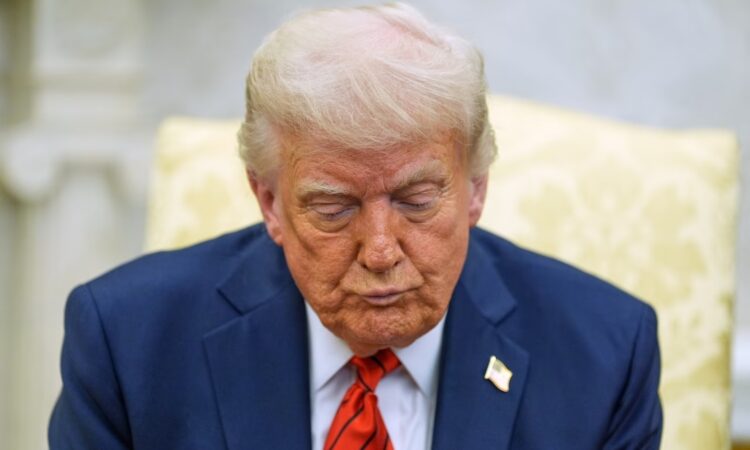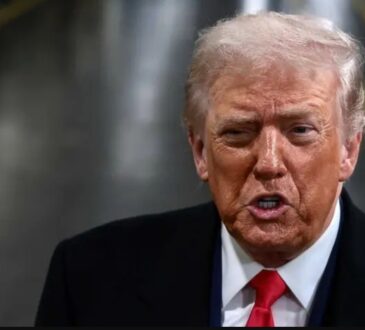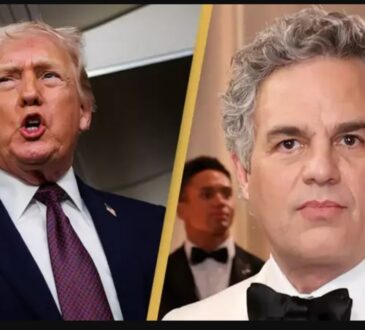
A federal court recently blocked most of the tariffs that President Trump put on goods from nearly every foreign country. The court said these tariffs go beyond the president’s legal powers. These tariffs, which were a 10% charge on many imported goods from U.S. trading partners, were introduced last month on what was called “Liberation Day.” There were even plans to increase tariffs on many countries, but the court stopped that from happening. The court also stopped a separate set of tariffs aimed specifically at China, Mexico, and Canada. These tariffs had been justified by the Trump administration as a way to fight issues like drug trafficking and illegal immigration.
When this news came out, global markets reacted positively and rallied.
The Trump administration argued that these tariffs were allowed under a law from 1977 called the International Emergency Economic Powers Act (IEEPA). This law lets the president control imports during emergencies. However, the court disagreed with the administration’s view of the law. The judges said it would be unconstitutional for any law to give the president unlimited power to set tariffs without limits.
The judges explained that the 10% tariffs on imports from all over the world were meant to fix trade imbalances between the U.S. and other countries, which should be handled by regular trade laws, not emergency laws like IEEPA. Also, the tariffs on China, Canada, and Mexico were found to be illegal because they did not properly address the reasons given for imposing them, such as drug trafficking and illegal immigration.
The judges who made this decision were appointed by different presidents from both parties, showing it was a balanced panel.
The Trump administration said it plans to challenge this court decision by appealing to a higher court.
A White House spokesperson responded by defending the tariffs, saying the U.S. trade deficits with other countries have caused a national crisis that hurt many American communities. They argued that elected officials, not judges, should decide how to handle this emergency. The spokesperson emphasized that President Trump promised to put America first and will keep using his executive power to fix the situation and make America strong again.
Tariffs were a key part of President Trump’s plan during his second term. He believes these charges help American manufacturing and stop unfair trade practices. However, the tariffs upset financial markets and caused criticism from Democrats and some Republicans.
Though President Trump supported the tariffs, he paused many of them while trying to negotiate deals with other countries. For example, in April, tariffs on goods from many countries were paused for at least three months. Some goods traded under the U.S.-Mexico-Canada trade agreement were not charged the 25% tariffs. Large tariffs on Chinese goods were also reduced during ongoing talks.
Several businesses, states led by Democrats, and other groups have filed lawsuits against these tariffs. The court ruling came from two such lawsuits: one by businesses claiming harm from the tariffs, and another by multiple states.
Some lawsuits against the tariffs use legal ideas that conservative lawyers and judges have promoted. These ideas include the “major questions doctrine,” which says Congress must clearly approve any federal agency’s major decisions affecting the economy, and the “nondelegation doctrine,” which says Congress cannot give its lawmaking powers to the executive branch without clear guidance.




